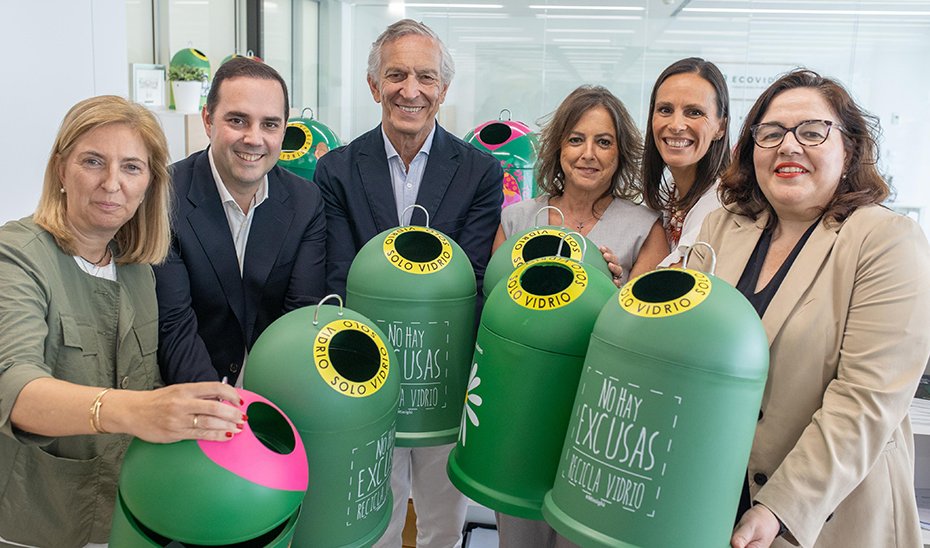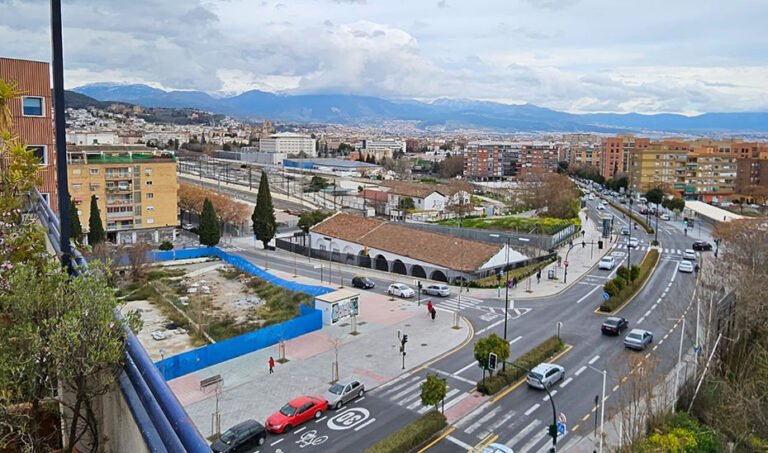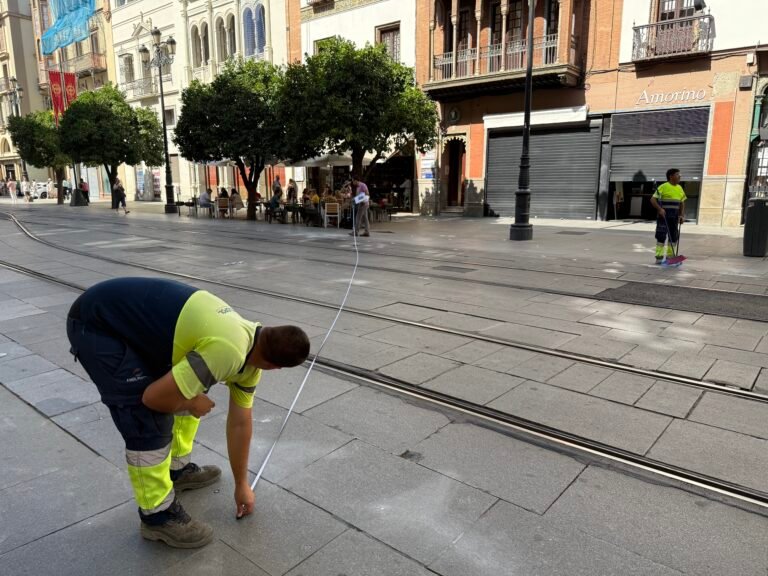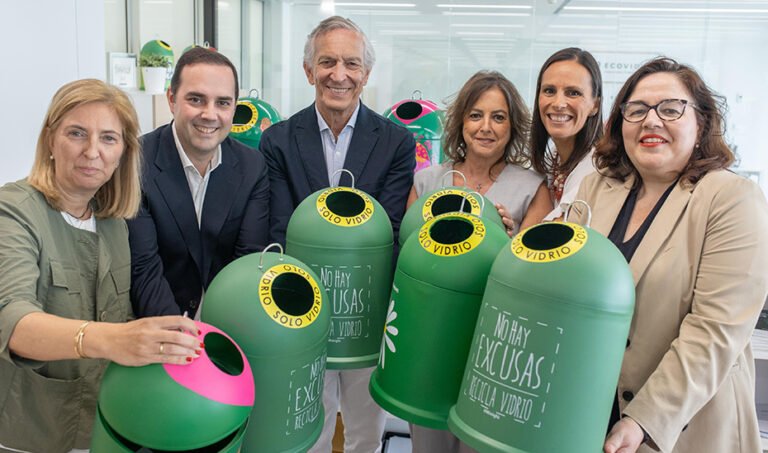
Andalucía is working to improve the percentage of collection and recycling of glass containers in the community. In this context, the Minister of Sustainability and Environment, Catalina García, accompanied by the Deputy Minister, Sergio Arjona, and the Director General of Environmental Sustainability and Circular Economy, Carmen Jiménez Parrado, held a meeting with the representatives of Ecovidrio, José Manuel Núñez-Lagos Bau, General Director, and Coral Rojas-Marcos Albert, Deputy Director of Southern Zone Management, with the aim of strengthening collaboration and enhancing synergies between the Administration and the Extended Producer Responsibility Collective System (SCRAP), which manages on the ground the selective collection of glass containers and their sustainable treatment from the source.
The meeting took place at a time of significant regulatory changes at the national level in waste and circular economy matters. The implementation of the Extended Producer Responsibility (EPR) principle, established in Law 7/2022 and specifically developed for packaging by Royal Decree 1055/2022, imposes new obligations on producers and SCRAPs like Ecovidrio, in order to achieve more ambitious goals of recycling, traceability, and transparency.
In this regard, Catalina García detailed that, according to the latest official data, Andalucía has glass recycling rates of 51% and separate collection rates of 52%, «which poses significant challenges to meet the national objectives, which set both margins at 70%, equivalent to 19.1 kilograms per inhabitant and 65 containers per person.» Therefore, she appealed to «the shared responsibility of citizens, hospitality sector, administrations, and SCRAPs to improve these percentages and reach that 70% target, which should rise to 80% by 2030.»
In this line, she encouraged Ecovidrio «to continue the efforts it has been making», and emphasized the joint work with local entities, «let’s not forget that they are responsible for municipal waste management and citizen awareness and education.» «For this – she stated – they always have the support and backing of the Ministry of Sustainability and Environment, convinced that Andalucía must meet the national and European objectives in terms of recycling. That’s why we are working intensively and moving in the right direction.»
In this regard, she recalled successful cases such as the province of Málaga, a leader in Andalucía in the selective collection of glass containers, which reached 33,800 tons in 2024, «something that, although directly related to tourism, should make us proud of the commitment to sustainability and circular economy, especially in areas with high influx and hospitality and tourism activity.»
She also mentioned the example of Jerez, the first Andalusian city, and the second in all Spain, where glass collection has increased the most in 2024, with over 2,000 tons in total, «a fact that demonstrates that when the improvement margins that many municipalities have are utilized, and efficient, responsible, and aligned systems are applied, in line with the principles of public service, results are achieved.»
In this way, she indicated that «from the Junta, deeply committed to the ‘green revolution’, we reiterate our willingness to dialogue and collaborate with all stakeholders. However, we also ask SCRAPs to adapt to current challenges more effectively and equitably, while recognizing the work they do, as shown in the case of Sevilla, where Ecovidrio, alongside Lipasam, has promoted actions to promote recycling, such as container regrouping, which facilitates the work for citizens, ultimately understanding that results depend on collective effort. We are convinced that together we will achieve the required objectives.»
For the Minister of Sustainability and Environment of the Andalusian Government, «the objectives undoubtedly aim at proper and efficient collection, enabling effective recycling, and, as it should, contributing to building a circuit that promotes circular economy, but above all, guarantees respect and care for the environment.»
«This Government has strengthened waste management infrastructures, prioritizing selective collection and efficient material treatment,» García stated, «and this approach also contributes to the creation of green jobs, the conservation of natural resources, and the fight against climate change, solidifying Andalucía as a benchmark in the transition to a more sustainable economic model.»
The Minister emphasized that «we are aware that these changes require time and resources, but we are confident that, with the involvement of everyone, we can turn these challenges into an opportunity for a greener and more sustainable Andalucía,» reiterating «the leading role of entities like Ecovidrio in the shared effort we must undertake with determination, because the future of our land is at stake.»





